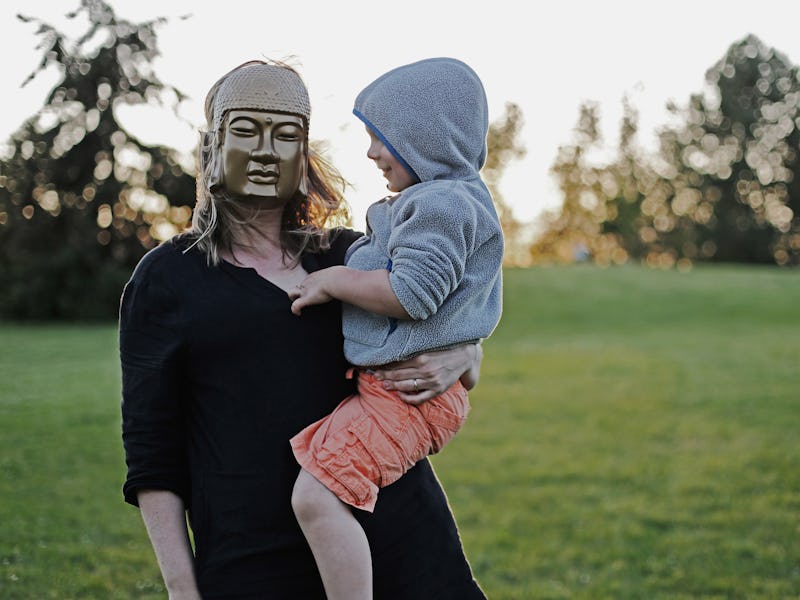New Fear of "Panic Partnering" Is Resulting in Lots of Frozen Eggs
But frozen eggs don't guarantee a future baby.

In the past, getting pregnant didn’t require much more than a sperm and an egg. Now, another big factor to consider is time — which many women today don’t have. The option to freeze eggs has made it possible for females to delay pregnancy past the natural timeframe dictated by their biological clocks, but now, researchers writing in the journal Human Fertility say that the motivations of those future-moms are a bit concerning.
Their paper surfaces a phenomenon called “panic partnering,” defined as “entering into unwise relationships to have a genetically-related child.” Dr. Kylie Baldwin, senior lecturer at De Montfort University’s Centre for Reproduction Research and first author of the paper, explains to Inverse that a lot of women are turning to egg freezing to avoid reaching the age at which they are desperate enough to hook up with a panic partner, but many of them are unaware of the limits of the technology.
“Women who draw on egg freezing in part to prevent them from engaging in ‘panic partnering’ may find that that even after they have frozen their eggs they may still not feel secure about their reproductive futures especially if they were only able to store a small number of eggs,” she says.
Many women who undergo egg freezing aren't fully educated about the chances those eggs might result in a live birth.
In other words, Baldwin and her co-author Professor Lorraine Culley don’t want these women to have unrealistic expectations about egg freezing because it may result in emotional, physical, and financial distress.
All 31 women that Baldwin and Culley interviewed for the small study had frozen their eggs for “social” reasons, and 84 percent of them were single. In addition to the fear of “panic partnering,” some women said they froze their eggs to provide more “breathing room.” Still others saw it as a back-up plan, hoping they would eventually enter natural motherhood and not have to resort to using the frozen eggs.
In the interviews, they also described their experience of the egg-freezing process and the type of information they received about the chances they’d eventually have a successful pregnancy.
The results revealed several misconceptions about the possibility of having a baby from frozen eggs. For one thing, says Baldwin, many women don’t know that egg collection doesn’t happen all at once and might require multiple rounds, “which can be emotionally, physically, as well as financially draining.” For one birth, it’s generally recommended that a woman freeze 15 eggs, and that number increases as she ages. Then, she says, there’s the fact that women who try to have a baby using frozen eggs will have to use in vitro fertilization (IVF), which only has a 23 percent success rate among women aged 35 to 37.
IVF is used to create an embryo from frozen eggs. Its success rate is not particularly high.
The egg-freezing trend will likely only continue, and so it’s increasingly important for women to know what the technology can and can’t guarantee. As we continue to embrace life scripts for women that don’t involve (early) marriage and motherhood, we must also prepare for more women to adopt technologies that will allow them to become mothers on their own time.
“[Some] women now feel less pressure to find a long-term partner earlier in their lifecourse, such as in their early 20s,” says Baldwin, “and as such wish to take their time in choosing the ‘right’ partner with whom they want to have children and who they believe will not only be a good partner but also good father to their child.”